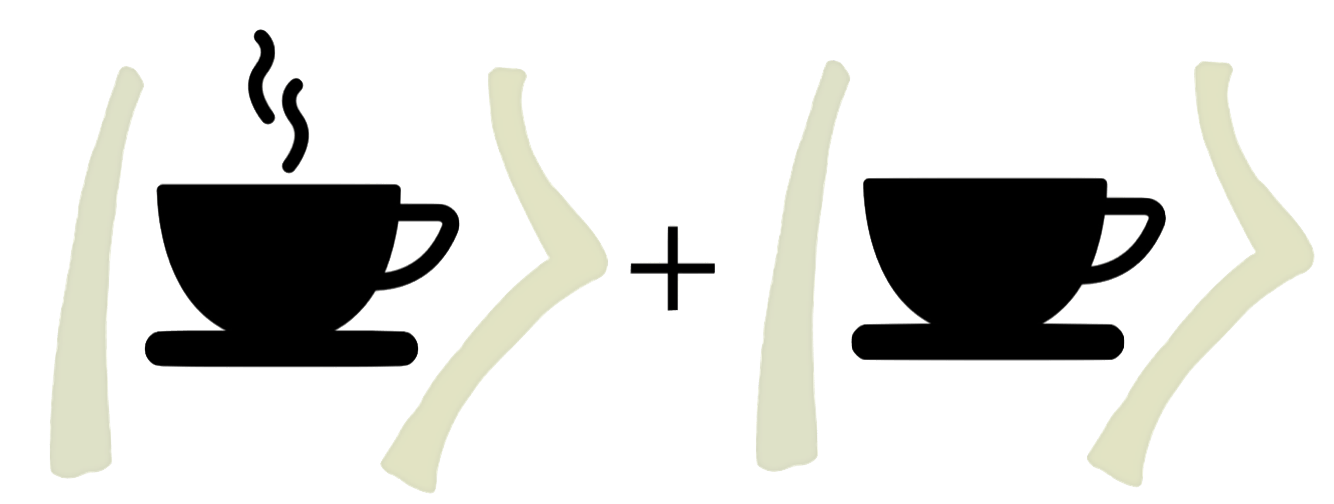Research
The astonishing power of thermodynamics, developed in its basic structure in the 19th century, stems largely from its coarse-grained viewpoint, abstracting from details of implementations, giving rise to a description of a plethora of physical systems. Still, new questions arise - going beyond the traditional picture of thermodynamics - when aiming at capturing small devices, for which stochastic fluctuations matter, or machines and devices for which quantum effects are expected to play a significant role. Recent years have seen an enormously revived interest in understanding the realm of quantum thermodynamics, the study of thermodynamic state transformations in regimes in which entanglement, quantum fluctuations, quantum information exchange, and coherences are presumably relevant. While first successes in the theoretical understanding of the impact of quantum effects have been achieved, say, when it comes to replacing second laws by entire families of second laws or to understanding in what way a quantum memory allows the work cost in Landauer erasure to be negative, many conceptual questions remain wide open. Perhaps most importantly, experimental realizations are lacking that ultimately demonstrate the asserted quantum advantage.
This Research Unit sets out to fill these gaps. It brings together leading experimental researchers performing experiments on trapped ions, ultra-cold atoms, and NV-centres and suggests novel ways of suitable quantum effects, as well as a well-chosen consortium of theorists working in the field of quantum thermodynamics. This is a highly challenging endeavour. On the one hand this is true since substantial experimental development is required to establish platforms that have the potential to enhance work and power extraction and actually exhibit genuine quantum effects. On the other hand, since conceptual theoretical questions need to be settled still: Importantly, a clarification is required in what precise sense realistic and realizable quantum machines can outperform classical ones, relating to resource theories, in what way small systems are expected to thermalize, how traditional views on system-bath separation can be challenged, and how connections to quantum error correction may be established. This work is expected to have an impact on our understanding of the foundations of thermodynamical processes, accepting that nature is ultimately quantum. It is also likely to have important technological implications, say, when it comes to devising cooling techniques or quantum refrigerators. Thus, this Research Unit is expected to make a change in ultimately demonstrating that quantum thermodynamics has the potential to improve quantum heat engines, and in providing a hub for discussion and interchange within the German research landscape and beyond.
